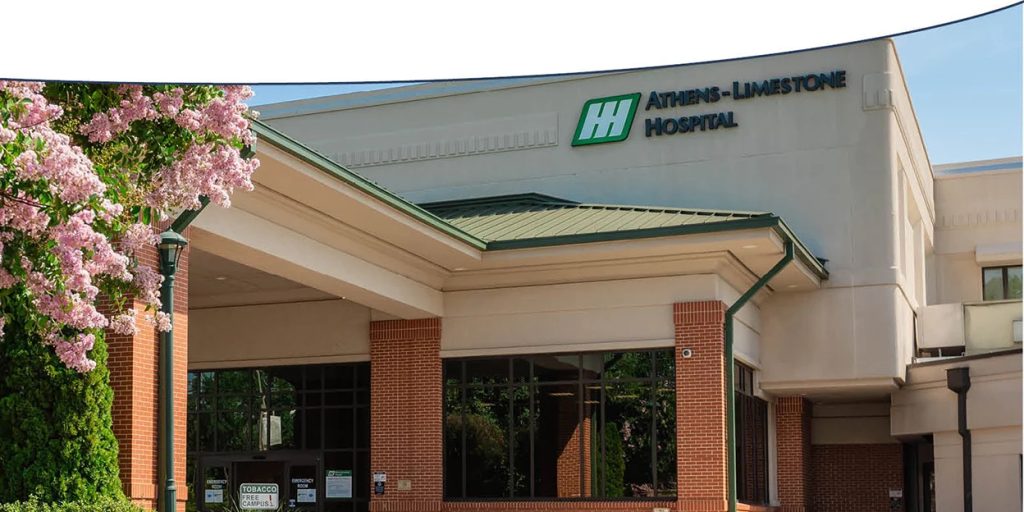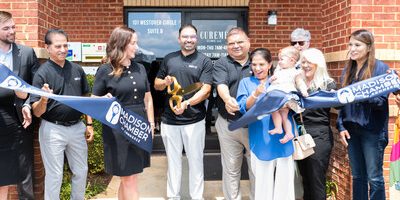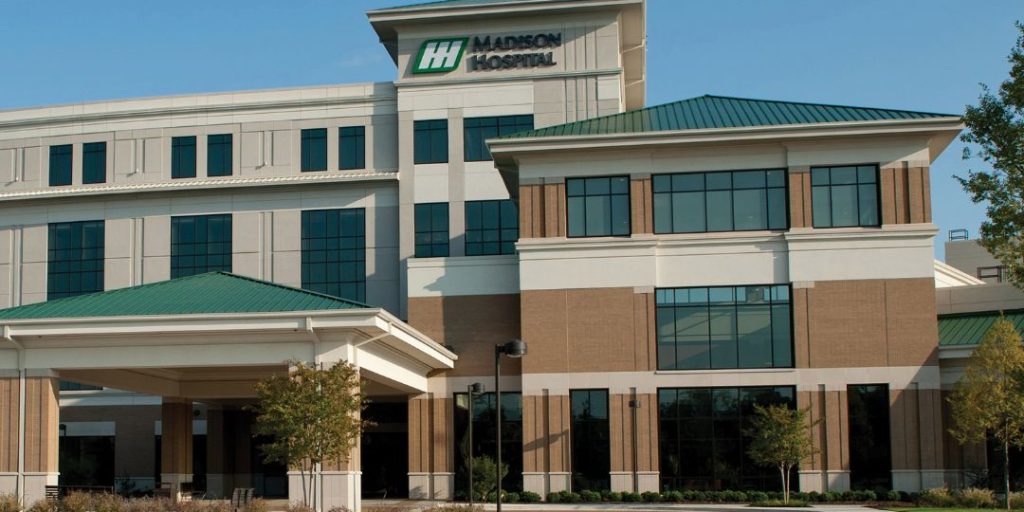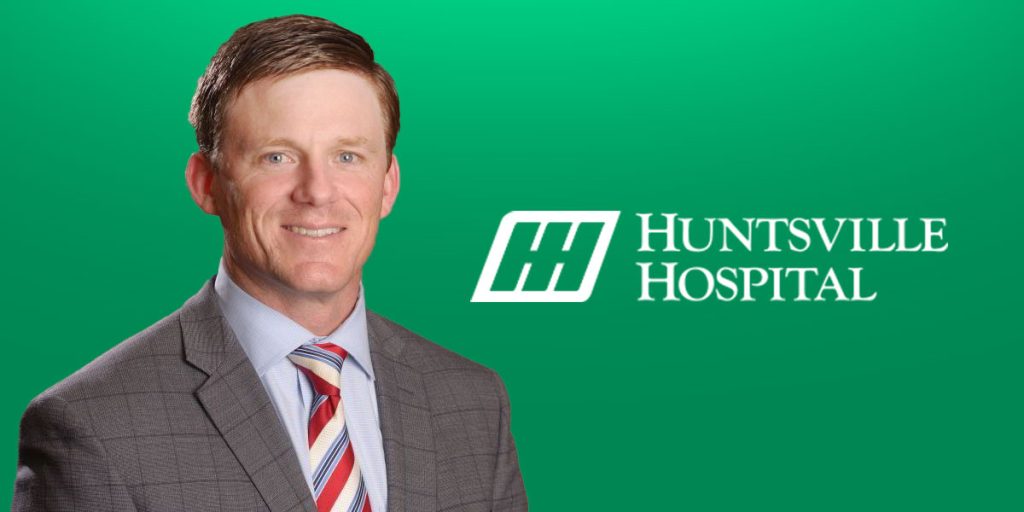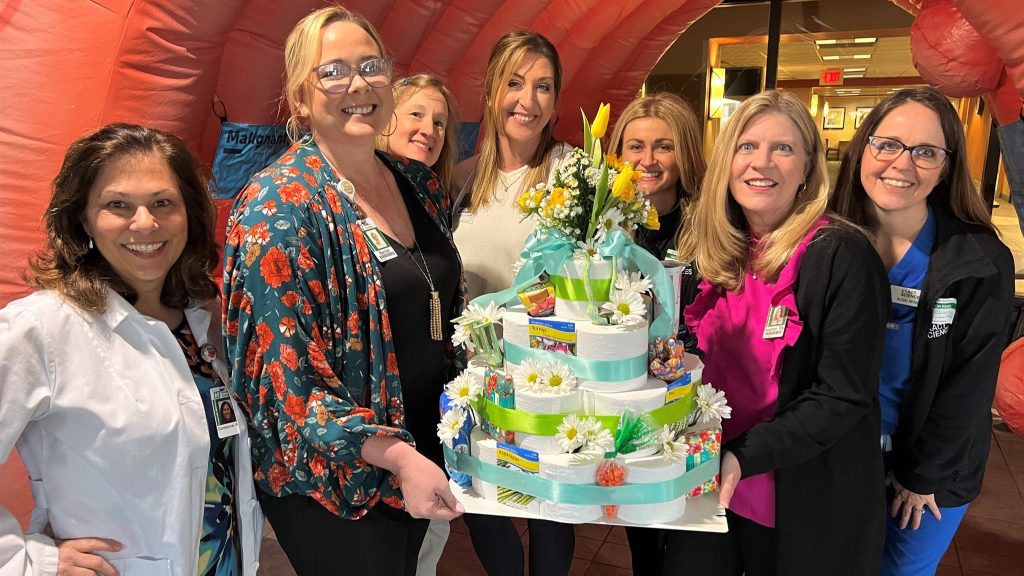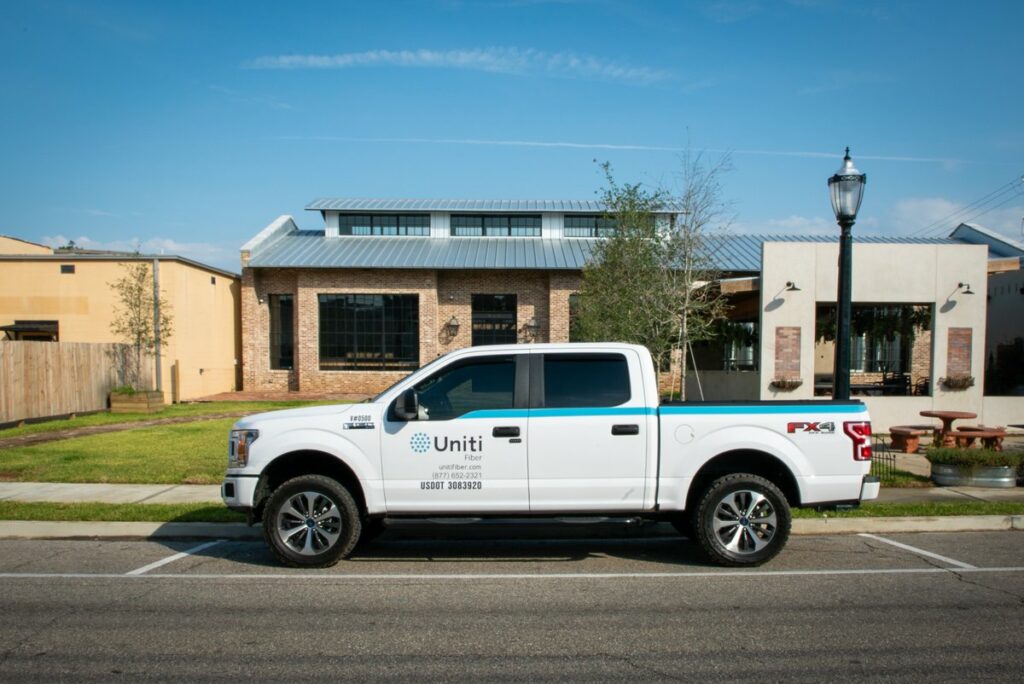HUNTSVILLE – According to the Centers for Disease Control and Prevention, more than 795,000 people in the United States have a stroke each year with more than 75% for the first time, meaning most patients did not know about or did not heed the warning signs.
Strokes are the fifth-leading cause of death nationally and the leading cause of serious, long-term disability.
Alabamians are particularly at risk due to lifestyle factors such as fried foods and lack of exercise, according to Dr. Amit Arora, medical director of the North Alabama Neuro-Stroke Network. Alabama is part of the “Stroke Belt”, a region of high stroke mortality stretching from Texas to the Carolinas.
The important thing to remember is that time is not on your side during a stroke.
There are five warning signs of an oncoming stroke:
- Sudden weakness or numbness of the face, arm, or leg, usually on one side of the body
- Sudden confusion, difficulty speaking words or slurred speech
- Sudden change in vision in one or both eyes
- Sudden difficulty with walking, dizziness, or loss of balance and coordination
- Sudden severe headache with no known cause
Risk factors for stroke include high blood pressure, diabetes, heart disease, smoking, family history of cerebrovascular disease, past brain trauma, sedentary lifestyle, obesity, poor diet habits, alcohol use, high cholesterol, and illegal drug use.
The patient has very limited time to get help – time is not on your side.
The neurology team came up with a creative way to remember the warning signs using the B.E. F.A.S.T. checklist:
- B – balance, or sudden loss of balance
- E – eyes, or the sudden loss of vision
- F – face, often droops on one side
- A – arm, will droop and cannot remain raised
- S – speech, slurred with a difficult time speaking coherently
- T – time! You must call 911 if you have any or these symptoms
With the newly formed North Alabama Neuro-Stroke Network launched by Huntsville Hospital in early April, Huntsville neurologists can remotely examine stroke patients at outlying hospitals where there is no neurologist on staff.
Before the program went live, members of Huntsville Hospital’s stroke team traveled to Marshall to train emergency room physicians and nurses on best practices for neurological exams.
Now that the program is launched, physicians and nurses on the front lines of stroke care can often prevent catastrophic neurological damage when the diagnosis is made and treatment is started quickly.
Madison Hospital and Huntsville Hospital Health System affiliates Athens-Limestone Hospital, both locations of the Decatur Morgan Hospital, Helen Keller Hospital in Sheffield and Red Bay Hospital are all coming on in the coming months.



